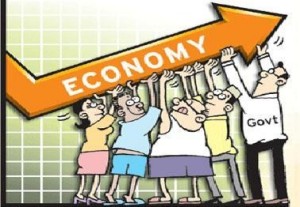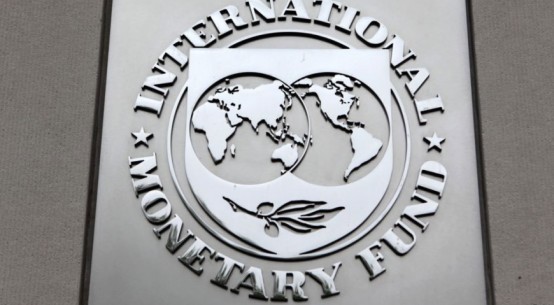
At a time when the Indian PM Narendra Modi administration is keen on improving India’s rankings in World Bank’s `Ease of Doing Business’, it has received a setback with the multilateral body finding few instances of “major reforms” undertaken by the government.
Team from the World Bank has found that there were no major reforms between June 2, 2013 and June 1 this year, raising fears in the government that India may slip further in the rankings. They said that this has been recorded in an internal “data memo”. This has prompted the department of industrial policy and promotion (DIPP), which is working on improving India’s image abroad, to dash off letters to other government departments to list out measures that were initiated, which can be incorporated in the next version of the report, expected later this year.
The annual rankings released by World Bank arm, International Finance Corporation, measures a country’s performance on 10 parameters — from starting a business to getting construction permits and power to investor protection, paying taxes and enforcing contracts. India fares badly on several counts and ranks a poor 134th among 189 countries, with even Armenia, Fiji, Mongolia, Sri Lanka, Maldives, Pakistan and Bangladesh performing better.
As a result the government is keen that India improves its showing so that it can be seen to an easier place to do business and attracts more investment, especially from foreign players.
It is reviewing the possibility of toning up the processes and making it simpler to get government permission and permits. DIPP has also started an internal exercise to list out the best practices among states, which can be followed by others. Officials said by adopting the best practices in states, India can move up 20-30 places.
But a report, which says that little has been done over the past one year, comes as a big blow this time, prompting the department to dash off the letters.
Although officials admitted that there was a slowdown in decision making during UPA, especially because the government was in the last year of its five-year term, the perception of no reforms will dent the image further. The government is already grappling with a situation where multinationals are complaining about the lack of predictability in the tax regime and how land acquisition and other legal changes undertaken by UPA are holding up investments.



